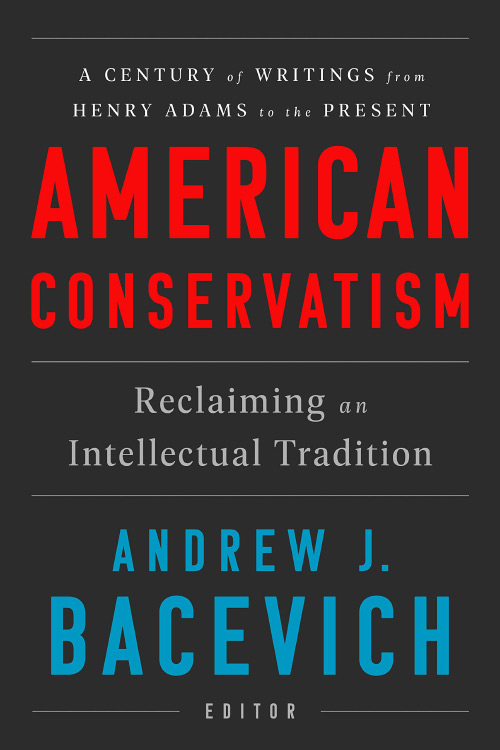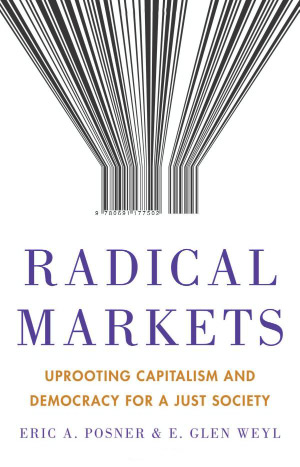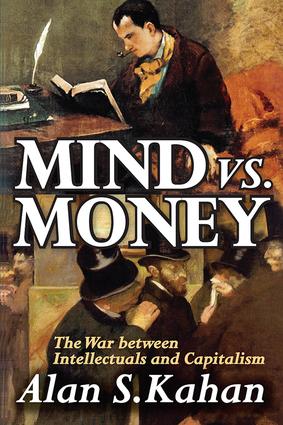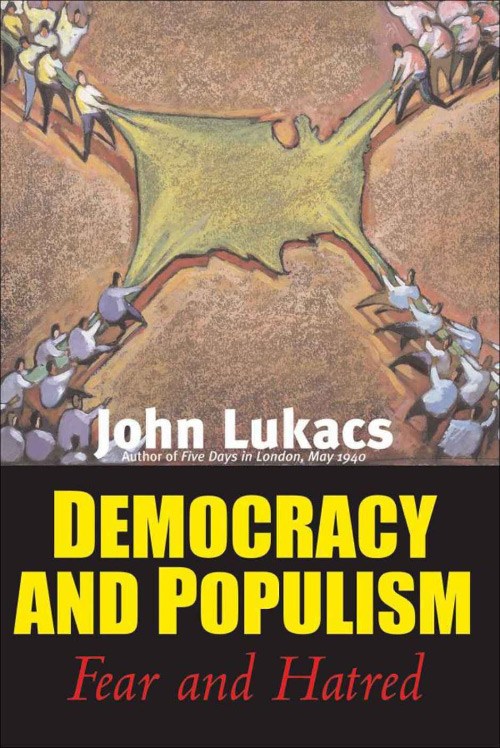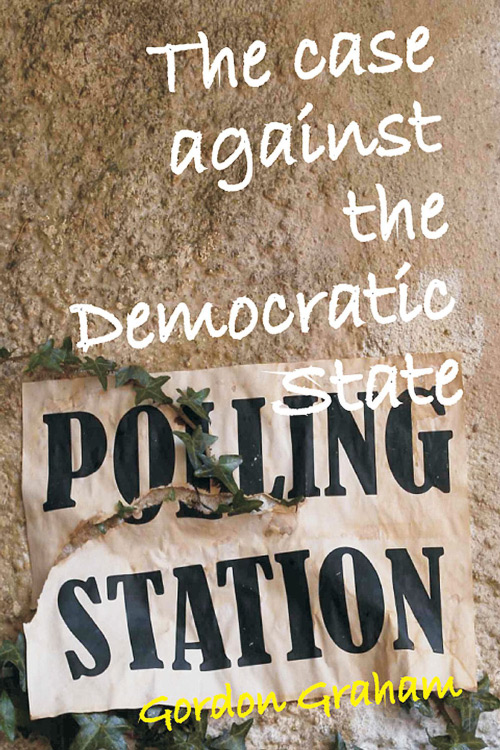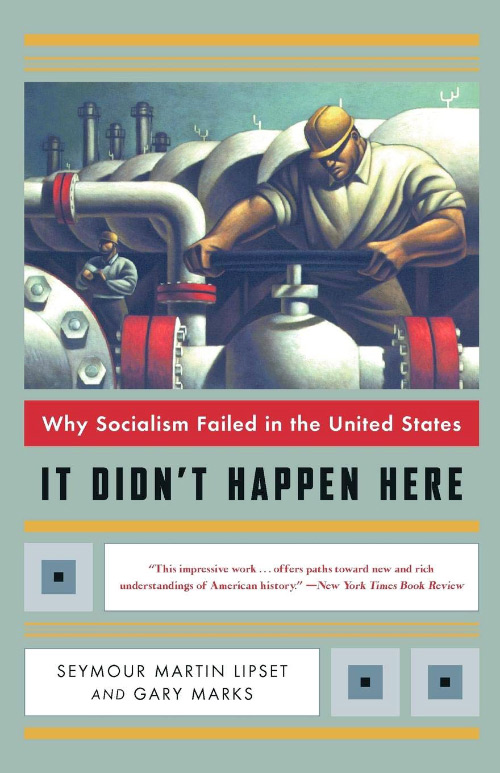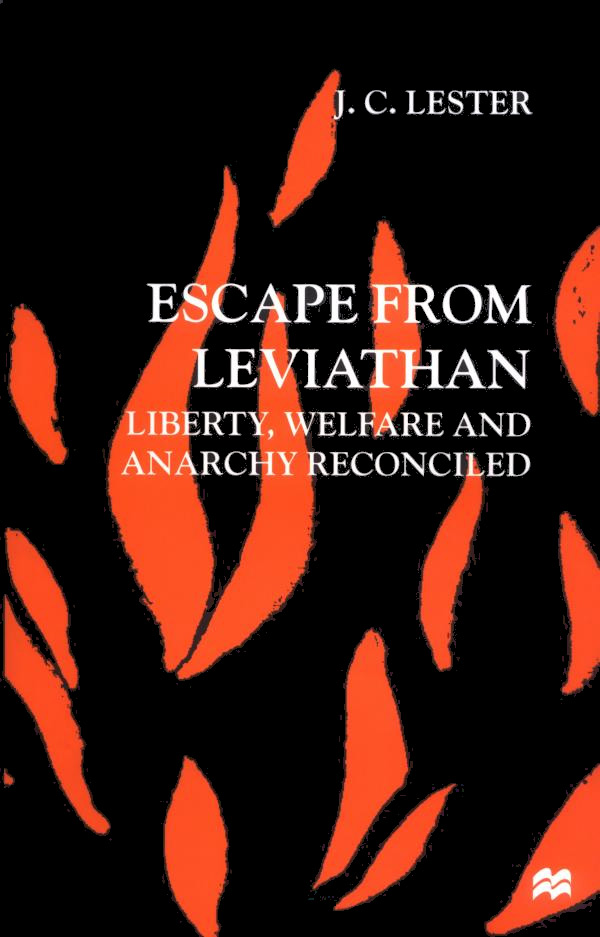Dennis O’Keeffe is to be congratulated on providing the English-speaking world with the first complete translation of Benjamin Constant’s most substantial book Principles of Politics Applicable to All Governments, published originally in 1810. He has given us a clear and detailed rendering into English of this classic French work that preserves the language structure of the original and, so far as I can tell, captures its meaning faithfully.
Constant was an unusual thinker for a Frenchman because he escaped the statism that pervades French economic and political thought and its utopianism that rapidly becomes totalitarianism. There is nothing here of the vacuousness and potential for violence of a Rousseau or a Sartre. Constant understood and appreciated the Anglo-Saxon view that liberty is not personal liberation from social obligations, that liberty is possible and liberation is not, and that liberation is the enemy of liberty because those who seek to be liberated, in their anger at failing to achieve the unattainable, turn against liberty and seek to destroy it. They blame the world’s faults on those perverse people who use their liberty to make choices incompatible with their true and complete liberation from existing social constraints. Such people, it follows, must be deprived of their liberty.
Constant was an unusual French thinker perhaps because, although he became a French citizen, he was by origin a Swiss Protestant and spoke flawless English. He studied between 1783 and 1785 in Edinburgh, where he gained a thorough knowledge of the work of Adam Smith and David Hume, and later he came to know and appreciate Jeremy Bentham’s writings.
Throughout Constant’s work we find admonitions concerning politicians and officials that state elegantly and clearly principles that apply to all governments. Even though these principles often seem to be self-evident, they are never acted on. We need Constant to remind us of them, as when he writes:
The proliferation of the laws flatters the lawmaker in relation to two natural human inclinations: the need for him to act and the pleasure he gets from believing himself necessary. Anytime you give a man a special job to do he does more rather than less.... Those in government always want to be governing and when because of the division of powers, a group of them are told to make laws they cannot imagine they could possibly make too many. ... Lawmakers parcel out human existence by right of conquest, like Alexander’s generals sharing the world. (p. 63)
Here we have not merely an anticipation of our modern notions of rent seeking, but an observation of the psychology and behavior of those whose professional life consists of regulating. Only the rare and memorable individual can step outside this life—it virtually sums up, for example, the management of the European Union. The wretches who command that monstrosity would also benefit from Constant’s observations (much influenced by Montesquieu) “on ideas of uniformity”:
It is clear that different portions of the same people, placed in circumstances, brought up in customs, living in places, which are all dissimilar cannot be led to absolutely the same manners, usages, practices and laws without a coercion which would cost them more than it is worth. The small advantage of offering a smooth surface over which the lofty eye of government can freely stray, without encountering any inequality which offends it or obstructs its view, is only a puny compensation for the sacrifice of a host of sentiments, memories, local tastes, out of which individual happiness, that is to say, the only real happiness is composed. (p. 323)
These two passages from quite different parts of O’Keeffe’s translation demonstrate how fully committed Constant was to the idea of limited government and how fully he understood the pains of departing from it. When we place them together, we can appreciate how, in the name of simplicity, excessive government crushes the subtle complexities based on implicit knowledge that people have created for themselves. It then fashions a new, expensive, and unfathomable complexity that not even its creators can understand. It will not do for Constant’s opponents to object that the increased scale of society has necessitated such regulation. Constant was aware of how social scale had changed and was changing even in his own day. In his discussion of the difference between the social state of the ancients and that of modern times, he fully recognizes that changes in the scale of society render earlier types of polity obsolete and emulation dangerously utopian: “Today the mass of citizens is called to exercise power only in illusory fashion. The people can only be slaves or free; but they are never in charge. The happiness of the majority no longer rests in the enjoyment of power but in individual freedom. Among the ancients, the extension of political power constituted the prerogative of each citizen. In modern times it consists in the sacrifices individuals make” (p. 352). Precisely so. Here, the clarity of Constant’s thought and O’Keeffe’s masterly command of the English language hammer home an essential point.
Constant is equally conscious that the driving force of the modern world is commerce, in contrast to the permanent military state of much of the ancient world. This point, which anticipated Herbert Spencer’s ideas, is especially striking because it was made by a Frenchman in the middle of the Napoleonic wars.
One final quotation from O’Keeffe’s lucid translation further demonstrates Constant’s prescience. It might almost be a description of modern France and the French-dominated European Union, with their politics of subsidies and constraint within what is supposed to be a free market. The mentality has obviously never changed.
Supports and help for business by government are a kind of game. It is impossible to suppose that government never grants its help and its supports to men who do not deserve them nor never grants more of these than the objects of this favor deserve. A single mistake of this kind turns support into a lottery.... Even the distant uncertain hope of government help casts into the life and reckoning of the hardworking man an element quite different from the rest of his existence.... [He becomes] a man whose immediate interest and pressing desire is to attract government attention to himself. The nature of things, for the good of the human race, once put an almost insurmountable barrier between the great mass of the people and those who held power, only a small number of men were condemned to run hither and thither in the political sphere, to speculate in favor, to grow rich on corruption. The rest followed their road peacefully, asking government only to guarantee their peace and the exercise of their faculties. If government, however, discontented with its salutary function and committed through generosity or promises made in the presence of all, provokes hopes and creates passions which did not exist before, then everything is turned upside down. Without doubt this will spread a new activism among the business class. This is a vicious activism, though, one more concerned with the effect it produces than with the solid basis of its own work, which pursues publicity rather than success because success is seen as possible ever from a meretricious publicity. (pp. 252–53)
I have sought to demonstrate the significance of Constant’s thought by quoting O’Keeffe’s translation rather than by providing explanations of my own. The text is clear and requires no further elucidation. Constant, though he speaks of principles, is not a deductive thinker. His principles are in the main empirical generalizations based on observation and study, as they should be. He does not foolishly assert a set of abstract principles and then try to derive from them notions of how societies are or should be organized. Rather, he starts with what confronts him, the England, France, and America of his own time, a time of considerable economic change and, in his own country, of political instability. He supplements this knowledge with a wide reading of accounts of the social and economic conditions of other societies and of Europe in earlier times. His quiet wisdom may not have earned him the same fame as the flashy Rousseau, but Constant deserves our attention more. The Liberty Fund is to be thanked for making his work accessible, as is Dennis O’Keeffe for providing such an excellent translation.



